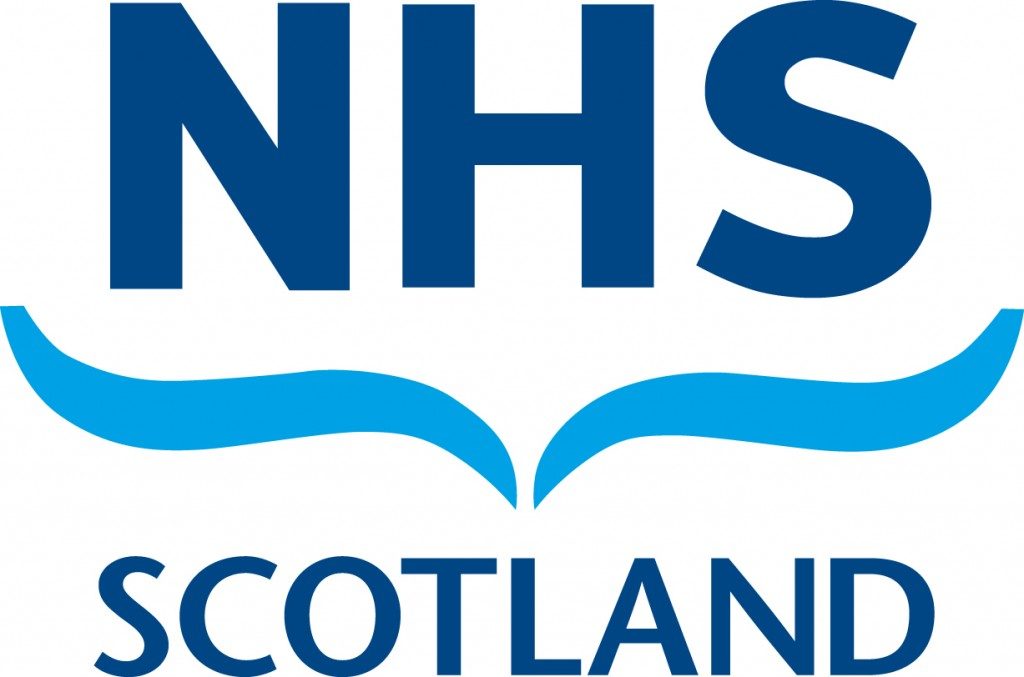Warning: Undefined array key "ssba_bar_buttons" in /usr/home/movgwifi/public_html/yesedinburghwest.info/wp-content/plugins/simple-share-buttons-adder/php/class-buttons.php on line 602
Warning: Undefined array key "ssba_bar_buttons" in /usr/home/movgwifi/public_html/yesedinburghwest.info/wp-content/plugins/simple-share-buttons-adder/php/class-buttons.php on line 602
Warning: Undefined array key "ssba_bar_buttons" in /usr/home/movgwifi/public_html/yesedinburghwest.info/wp-content/plugins/simple-share-buttons-adder/php/class-buttons.php on line 602
 The number of nurses, doctors and dentists working in Scotland’s NHS has increased. In the last 10 years, NHS Scotland staffing has increased by almost 12,900.
The number of nurses, doctors and dentists working in Scotland’s NHS has increased. In the last 10 years, NHS Scotland staffing has increased by almost 12,900.
- Scotland’s A&E performance has been the best in the UK for over 3 years
- 95 per cent of hospital day case and inpatients were seen within 12 weeks last year. When we took office, just 85 per cent were seen within 18 weeks.
- Healthcare has been kept local. That means A&E units have been saved, children’s cancer services and neurosurgery units protected, and maternity units kept open.
- Over £5 billion has been invested in Scotland’s health infrastructure since 2007, including the South Glasgow Hospitals and Emergency Care Centre in Aberdeen.
- We gave the highest pay rise for NHS Agenda for Change staff in the UK. We are guaranteeing a minimum increase of 3% for staff who earn up to £36,500
- Hospitals are cleaner and safer – with cases of C. Diff and MRSA falling to among their lowest levels on record.
- In the last ten years, cancer mortality is down 11%. Our new Cancer Strategy, backed up by £100 million in funding, will improve prevention, early diagnosis and treatment of cancer.
- Scrapping parking charges at NHS-run hospital car parks has saved patients and staff £25 million.
- Scotland has the highest number of GPs per 100,000 population of any UK nation, and we’ve made sure more practices are now open in the evenings and at weekends.
- Free prescriptions save people with chronic conditions over £100 p.a. England pays £8.80 a time.
- Scotland was the first country in the UK to have a mental health waiting times target. Spending on mental health services in Scotland broke the £1 billion mark last year and, we’ve published a new ten-year strategy to transform mental health services.
- Since 2010, the number of people registered with an NHS dentist has almost doubled. 96% of adults from Scotland’s most deprived communities are registered with an NHS dentist.
- 98% of primary and secondary schools across Scotland are now providing two hours of physical education a week – up from 10% in 2005.
- More funding than ever before is being provided to support carers and young carers, with over 22,500 benefiting from the Short Breaks Fund.
- Irresponsible alcohol discounts in supermarkets and off-licences are now banned, and we’ve raised the legal age for buying tobacco to 18.
- Everyone who uses social care services can now control their individual care budget through the Self-directed Support Act.
- Extra funding has been provided for Scotland’s veteran charities, and ex-service men and women receive priority treatment in the NHS and other services.
That is not to say that the Health Service couldn’t be improved – but in an independent Scotland, it will be the people of Scotland, and their Scottish Government, who will decide our future Health policy – including its funding. Research shows the strong correlation between poor health and poverty, and independence would allow us to do more to tackle the economy and reduce austerity.
Can an independent Scotland afford a better Health Service? Scotland’s revenue (including oil and gas) is £60 billion and spending in Scotland is £56.6 billion – with only a £60 million contribution from the N Sea. NHS Scotland accounts for £13.1 billion (23%) of Scotland’s spending. The answer is yes.
Yes Edinburgh West has a website, Facebook, Twitter, National Yes Registry and a Library of topics on Scottish Politics, including Independence and Health.



